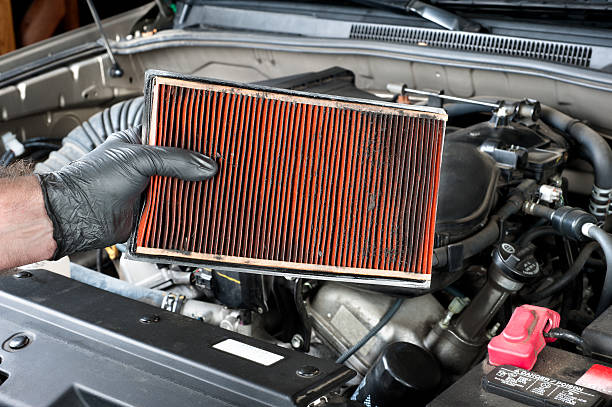July 23, 2024
Does car air filter depth matter?
Yes, the depth (or thickness) of a car air filter can matter, but it’s not the only factor to consider when selecting an air filter for your vehicle. Here’s how depth can influence an air filter’s performance:
- Filtration Efficiency: A deeper filter typically has more filter media, which can allow for better filtration by capturing more contaminants. This is important for protecting your engine from dust, dirt, and other particles.
- Airflow: While a deeper filter may provide better filtration, it can also restrict airflow if it’s too thick for your engine’s needs. Proper airflow is crucial for your engine’s performance. The filter must strike a balance between allowing sufficient airflow and providing effective filtration.
- Fitment: The filter must fit properly within the designated air filter housing in your vehicle. If the filter is too deep, it might not fit correctly, leading to gaps where unfiltered air could enter the engine, or it might cause issues with closing the airbox.
- Filter Type: Some high-performance or aftermarket filters are designed with greater depth to increase surface area without significantly restricting airflow. These are often used in performance vehicles where both filtration and airflow are critical.
- OEM Specifications: It’s important to follow the manufacturer’s specifications for your vehicle. The depth, along with other dimensions and material of the air filter, is usually designed to match the specific needs of the engine.
In summary, while depth does matter, it should be considered alongside other factors such as fitment, airflow, and the overall design of the filter. Always ensure that any air filter you choose meets your vehicle’s specifications.
Can air filter affect car heater?
Yes, the air filter can indirectly affect your car’s heater, but it’s important to understand how.
- Cabin Air Filter: If your vehicle has a cabin air filter (different from the engine air filter), this filter is directly involved in the air that circulates through your heating, ventilation, and air conditioning (HVAC) system. A dirty or clogged cabin air filter can restrict airflow into the cabin, which can reduce the effectiveness of the heater. This can result in weak airflow through the vents or slower warming of the cabin.
- Engine Air Filter: While the engine air filter primarily impacts engine performance by filtering the air that enters the engine, an extremely dirty or clogged engine air filter could potentially lead to reduced engine performance. This could cause the engine to run less efficiently, which might have a slight indirect effect on the overall heating performance, particularly if the engine struggles to maintain its normal operating temperature.
- Overall HVAC System Performance: If the airflow in the HVAC system is restricted due to a dirty cabin air filter, not only the heater but also the air conditioning and ventilation functions will be affected. This means the system will have to work harder to push air through, potentially leading to issues like foggy windows or uneven heating.
To maintain optimal heating performance in your car, it’s a good idea to regularly check and replace the cabin air filter according to your vehicle’s maintenance schedule. If you notice reduced heating efficiency or weak airflow, inspecting the cabin air filter is a good first step.

